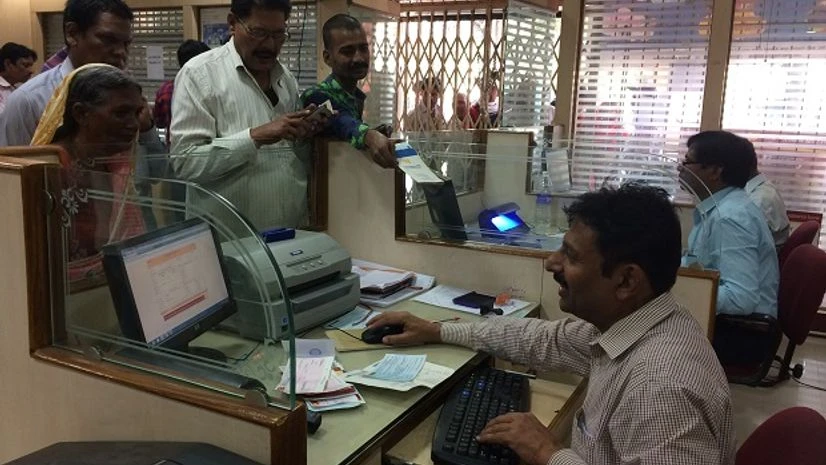On the evening of November 8, Sunil Agrawal was returning from the circle office of Punjab National Bank (PNB) in Raipur when he received a phone call. On the other line was a relative on holiday who had been rendered penniless after the banning of Rs 500 and Rs 1,000 notes.
“I immediately sensed that everyone would be facing a similar situation,” says Agrawal, who is assistant general manager at PNB’s main branch in Raipur. He called the cashier and enquired about the cash that was available in small denominations.
On the morning of November 10, Agrawal left home earlier than usual. In his mind, he was already preparing for the scores of people who would visit the bank that day to exchange their old notes. Upon reaching his office, Agrawal called for a meeting with his staff.
Also Read
“I told them that they must deal with customers keeping themselves in their place,” he says. Acting on his advice, the staff at this PNB branch ensured that all operations were handled smoothly. So seamless were their dealings with the customers that they managed to restore normalcy at the branch within a week. Agrawal himself handled a few counters when required. The longer than usual work hours forced him to order food from a nearby restaurant for the next two days.
“Initially, crowd management was a big challenge for us,” recalls Agrawal. “A lot of people just turned up to ask about something or the other.”
The situation, according to him, was brought under control within three days. “Only a few branches were crowded after the first three days. In fact, some media reports created a lot of chaos,” he says.

)
